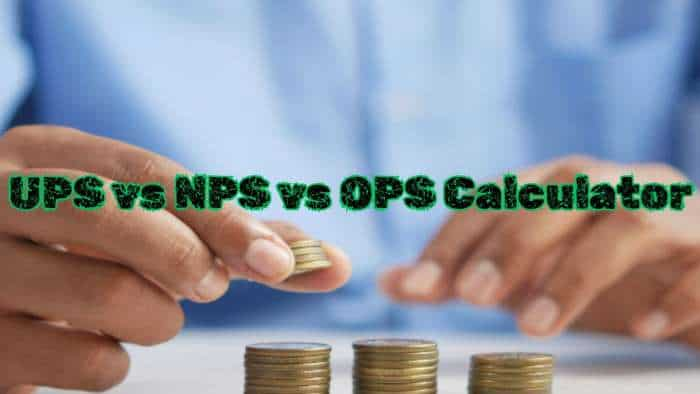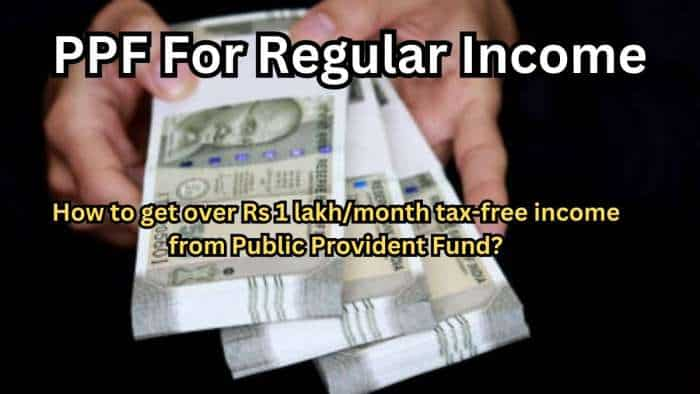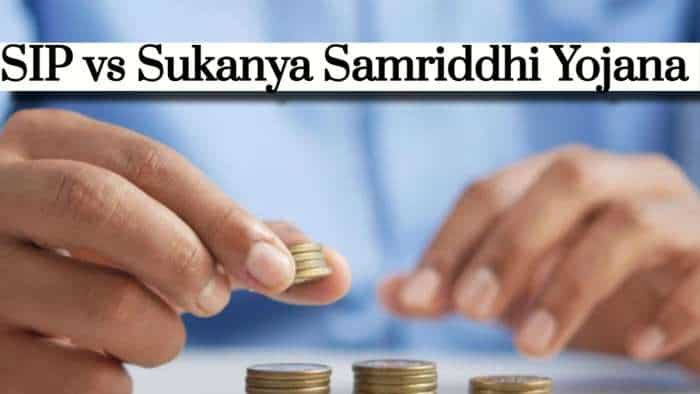We tell you the difference between allowance, deductions & exemptions
Tax Exemption means a part of your income which will not be taxable. These are available in two types, Partial Exemption and total exemption. Some incomes are fully exempt such as dividend earned from equity shares and some are exempt to an extent only, like transport allowance which is exempt only up to Rs 1600/- per month or less.

Have you ever been confused by different financial terminologies, I believe, many times? But don’t worry, when it comes to understanding income tax jargons and laws, you are not the only one who gets bewildered by these. Considering this fact, there are few specific terms under income tax act, which always confuse many taxpayers and these are Exemption, deductions and allowances.
All these are nothing but different options for reducing your tax outgo and can be availed as allowed under income tax act. Let us understand these terms in detail: -
Income tax exemption, deduction and allowance, similar yet different terms. Similar because all are related to different benefits as available to a taxpayer but different because of the applicability and availability of these items to the Taxpayer. So it becomes necessary for you to understand these terms to optimally utilise these items to minimize your tax liability.
All these terms be it ‘Allowances’, ‘tax deduction’ and ‘tax exemption’ refers to lowering of taxable income; these are various tax reliefs and tax breaks as provided by the government to a taxpayer.
Tax Allowance:
The dictionary meaning of allowance is ‘the amount of something that is permitted, especially within a set of regulations or for a specified purpose’ i.e. for example allowance is a payment made by an employer to an employee for a specific purpose. The earned income is expected to be utilized for the specific purpose for which it is given. For ex. House Rent Allowance should be utilized to meet the Rent Expenses.
Below is the suggestive list of allowances for understanding purpose:
- Dearness Allowance
- Performance Allowance
- Conveyance Allowance
- Laundry Allowance
- House Rent Allowance
- Transportation Allowance etc.
Tax Exemptions:
Tax Exemption means a part of your income which will not be taxable. These are available in two types, Partial Exemption and total exemption. Some incomes are fully exempt such as dividend earned from equity shares and some are exempt to an extent only, like transport allowance which is exempt only up to Rs 1600/- per month or less.
Other Examples of ‘Exemption’:
a) House rent allowance
b) Leave travel allowance
c) Leave encashment
Tax exemptions may include complete relief from taxes or tax only on a portion of your income and to encourage investments, the government generally offers tax exempt entities to invest in. Such entities are exempted from a single or multiple taxation laws. For example, investments in the Sukanya Samriddhi Scheme are fully tax exempt. Money deposited under this scheme will be exempted from tax at the time of investment, accumulation of interest and payout of returns i.e. following the EEE regime i.e. exempt, exempt, exempt.
Tax Deductions
In case of tax deductions, your income tax liabilities decrease by a specified amount for spending money in specified avenues. You invest in various schemes to reduce your taxable income, for example, you can get tax deduction by paying life insurance premiums or towards payments of your home loan principal amount . Tax deductions are offered by government to tempt taxpayers to participate in programs carrying societal benefits.
Deduction is termed as reduction from something. Tax Deduction is basically the deduction allowed in income tax on application of income in prescribed instruments. These all are available at the discretion of the taxpayer. The more you invest, the more deduction you will get as per the limits prescribed under the income tax act.
Few examples of Deductions:
a) Section 80C – Payments to investments as mentioned in the section.
b) Section 80D – Payments for medical insurance premium.
c) Section 80E – Payments to repayment of interest on education loan.
d) Section 80G – Payments to charitable institutions as donations.
Rishabh Parakh is a Chartered Accountant and the Chief Gardener & Founder Director of Money Plant Consulting, a leading Tax & Investment Planning Advisory Service Provider. He also runs a personal finance blog called “Mango Investor” aka AAM Niveshak at www.mangoinvestor.com.
Get Latest Business News, Stock Market Updates and Videos; Check your tax outgo through Income Tax Calculator and save money through our Personal Finance coverage. Check Business Breaking News Live on Zee Business Twitter and Facebook. Subscribe on YouTube.
RECOMMENDED STORIES

SIP Calculation at 12% Annualised Return: Rs 10,000 monthly SIP for 20 years, Rs 15,000 for 15 or Rs 20,000 for 10, which do you think works best?

FD Rates for Rs 10 lakh investment: Compare SBI, PNB, HDFC, ICICI, and Post Office 5-year fixed deposit returns

LIC Saral Pension Plan: How much should you invest one time to get Rs 64,000 annual pension for life?

SIP Calculation at 12% Annualised Return: Rs 1,000 monthly SIP for 20 years, Rs 4,000 for 5 years or Rs 10,000 for 2 years, which do you think works best?

UPS vs NPS vs OPS: Last-drawn basic salary Rs 90,000 and pensionable service 27 years? What can be your monthly pension in each scheme?

Monthly Pension Calculations: Is your basic pension Rs 26,000, Rs 38,000, or Rs 47,000? Know what can be your total pension as per latest DR rates
08:57 AM IST











 Hidden charges on SBI ATM cards: Is your money disappearing quietly?
Hidden charges on SBI ATM cards: Is your money disappearing quietly? Latest personal loan interest rates for SBI, PNB, Bank of Baroda, HDFC bank and ICICI bank
Latest personal loan interest rates for SBI, PNB, Bank of Baroda, HDFC bank and ICICI bank 8 post office investment schemes that offer over 7% guaranteed return
8 post office investment schemes that offer over 7% guaranteed return Millennials turning towards new-age investment instrument fractional investing: Report
Millennials turning towards new-age investment instrument fractional investing: Report  Income Tax: How are e-filing and e-payment of taxes different? Know details here
Income Tax: How are e-filing and e-payment of taxes different? Know details here